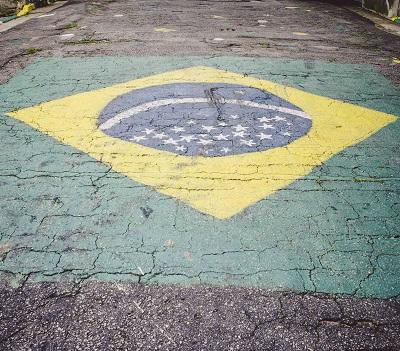The Independence Day

A short excursion into Brazilian history
The destination of your Brazil trip has not only beaches and jungle, but also an exciting history to offer. Compared to the European countries it is relatively young. On the occasion of Independence Day ("Dia da Independencia do Brasil") on September 7th, which this year celebrates its 196th birthday, we would like to shed some light on Brazilian history.
In contrast to other countries in South America, where warlike conflicts usually led to independence, in Brazil, this was more of a formal affair. However, here too, the efforts have claimed lives. The origins of the independence movement lie in the flight of the Portuguese royal family from Lisbon to escape the invading troops of Napoleon. Because of the exile and the Napoleonic occupation, the dependence on the Portuguese motherland was to be quickly eliminated in Brazil. If possible, financial resources should not be diverted to Portugal. Due to the opening of Brazilian ports and the strengthening textile industry, foreign trade grew, which favored Brazil's independence. This trend was consolidated with the founding of a bank. After the fall of Napoleon and the Congress of Vienna, Portugal was forced to recognize Brazil under constitutional law and to appoint it a kingdom, which put it on an equal footing with the mother country. Apart from this, the Prince Regent Joao IV refused to return to Portugal and preferred to stay in Rio de Janeiro.
The events in Portugal in 1820, where revolutionaries strove to establish a constitutional monarchy and were ultimately able to achieve it, further advanced the Brazilian emancipation process. After the Portuguese constitution of 1812 was to be transferred to Brazil, the new constitution was applied in the course of this process.
In April 1821, the royal family returned to Portugal, but the crown prince remained in Brazil. However, the measures that had ensured the colony's certain independence were withdrawn. However, attempts to restore Brazil to its colonial origins strengthened the resistance of the Brazilian population. The infante also sided with the Brazilians. He finally laid the foundation for the independence of the largest South American nation by convening a constituent assembly in June 1822.
Finally, in August 1822, any landing by Portuguese on Brazilian soil was declared illegal and the population was called upon to wage a small war in the event of an invasion. The motto was "independence or death". In the end, the separation from Portugal was only a formal act, sealed by the handover of letters from the Portuguese royal family to the Crown Prince, in which all measures were annulled (the so-called "Call of Ipiranga"). In December 1822, the monarch was crowned Emperor of Brazil and all Portuguese units were forced to leave the country.
In many cities, you can still discover the historical traces from the heyday of the monarchy and the origins of independence during your Brazil vacation. A secret tip is for example Ouro Preto. There you will find numerous well-preserved buildings from the colonial period.
Source: wikipedia.de

